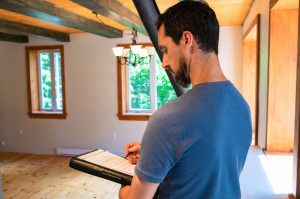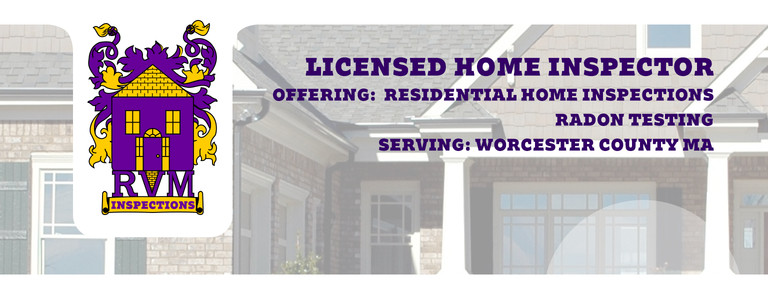 Buying a home is one of the biggest investments most people make in their lifetime. Naturally, a professional home inspection is a critical step before finalizing the sale, offering peace of mind about the property’s condition. But from my years of experience as a home inspector, I’ve noticed many buyers miss or underestimate important aspects of the inspection process. These oversights can lead to surprises — sometimes costly — after closing.
Buying a home is one of the biggest investments most people make in their lifetime. Naturally, a professional home inspection is a critical step before finalizing the sale, offering peace of mind about the property’s condition. But from my years of experience as a home inspector, I’ve noticed many buyers miss or underestimate important aspects of the inspection process. These oversights can lead to surprises — sometimes costly — after closing.
To help future home buyers be more prepared, here are the top 10 things most home buyers don’t consider when getting a professional home inspection.
1. Not Attending the Inspection in Person
Many buyers assume they can just get the report later and skip the actual inspection appointment. However, attending the inspection allows you to see issues firsthand, ask questions, and get real-time explanations about defects or maintenance concerns. This direct interaction is invaluable and can help you make more informed decisions.
2. Assuming the Inspector Will Find Everything
While professional inspectors follow strict standards, they can’t see inside walls or access every nook and cranny. Some defects only become apparent later or require specialists (like electricians or roofers) for detailed evaluation. An inspection is comprehensive but not infallible, so be prepared for some unknowns.
3. Ignoring Small or Cosmetic Issues
Buyers often focus on major repairs and overlook minor things like worn caulking, loose handrails, or cracked tiles. These small issues might seem trivial but can indicate poor maintenance habits or lead to bigger problems down the road if not addressed.
4. Forgetting to Check the Home’s Systems Thoroughly
The HVAC system, plumbing, electrical panels, and water heaters deserve close attention. Buyers sometimes don’t realize the importance of verifying these systems’ age, functionality, and maintenance history. Problems here can be costly and disruptive.
5. Not Considering Seasonal Limitations
The time of year affects what can be inspected properly. For example, gutters clogged with leaves in fall or roofing issues hidden by snow in winter can be missed. Some systems like air conditioning are best tested in warm weather. Understanding seasonal constraints helps set realistic expectations.
6. Overlooking the Importance of the Home’s Exterior and Grounds
The yard, drainage, grading, driveway, and fences are often ignored by buyers focused on the interior. But exterior issues like improper drainage or foundation grading can cause significant damage over time, including water intrusion and structural concerns.
7. Assuming Newer Homes Don’t Need Inspections
Many buyers believe that newly built homes are perfect and don’t require inspections. However, construction defects, code violations, or incomplete work can happen at any age. Inspecting a new build can reveal hidden problems before warranties expire.
8. Not Asking About Maintenance and Repairs
Buyers sometimes don’t use the inspection as an opportunity to learn about the home’s maintenance history. Asking the seller or inspector about past repairs, upgrades, or recurring issues can provide context and help anticipate future needs.
9. Failing to Review the Inspection Report in Detail
The inspection report can be technical and lengthy, leading some buyers to skim it or rely solely on the inspector’s verbal summary. Taking time to carefully read and understand the report ensures no issues are missed and gives you leverage during negotiations.
10. Not Following Up with Specialists When Recommended
Home inspectors often recommend further evaluation by licensed specialists for specific concerns—such as roofing contractors, electricians, or pest control experts. Skipping these referrals can lead to underestimating repair costs or missing serious hazards.
A home inspection is a powerful tool that helps you avoid costly surprises and make confident decisions. But it’s only effective if buyers actively engage in the process, attend the inspection, ask questions, and carefully review the findings.
As a professional home inspector, my goal is to provide clear, unbiased information about the home’s condition. But your best protection is being proactive and thorough. Keep these often overlooked considerations in mind to get the most value from your home inspection—and move into your new home with peace of mind.
If you’re preparing to buy a home, I recommend scheduling your inspection early and making it a priority to participate fully. And remember, no home is perfect—but understanding its condition upfront can save you time, money, and stress in the long run.








